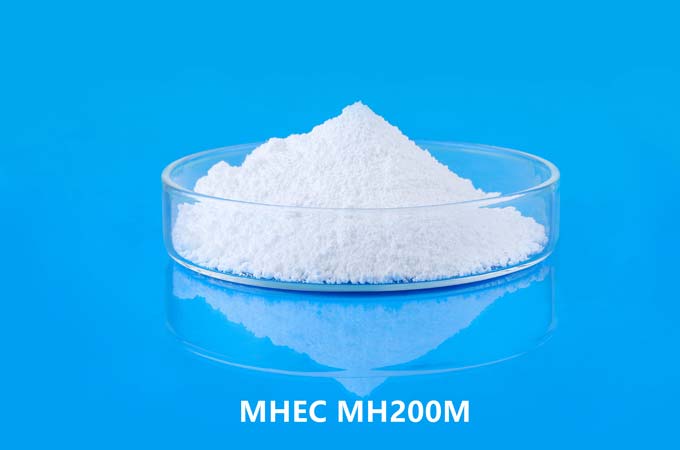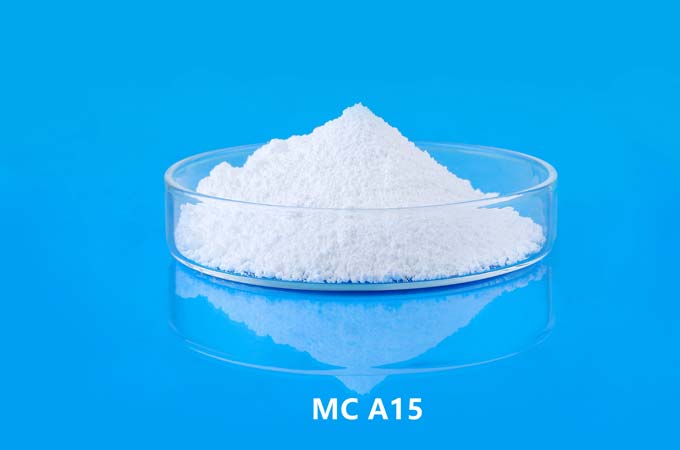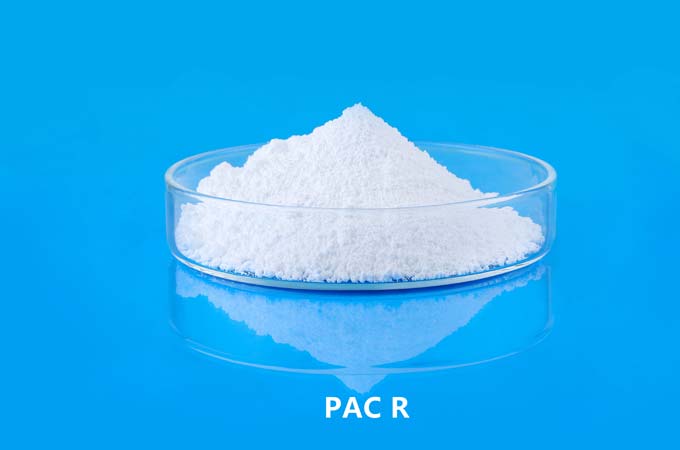Hydroxyethylcellulose (HEC) is a versatile and versatile polymer that finds application in a variety of industries due to its unique properties. This water-soluble polymer is derived from cellulose, a natural polymer found in plant cell walls. HEC is modified by introducing hydroxyethyl groups into the cellulose backbone, enhancing its water solubility and making it suitable for a wide range of applications.
Properties of Hydroxyethyl Cellulose (HEC):
1. Water solubility:
HEC is highly soluble in water, forming a clear, colorless solution. This property is crucial for its application in various liquid formulations.
2. Viscosity control:
One of the distinguishing features of HEC is its ability to control the viscosity of aqueous solutions. This makes it an excellent thickener, affecting the texture and consistency of the product.
3. Thermal stability:
HEC is thermally stable, allowing it to be used in formulations that experience a wide range of temperature conditions during processing or application.
4. pH stability:
It remains stable over a wide pH range, making it suitable for formulations in acidic or alkaline conditions.
5. Film-forming performance:
HEC's film-forming capabilities allow it to be used in applications requiring protective or barrier films.
6. Compatibility with other polymers:
HEC powder can be easily blended with other polymers, enhancing its versatility in different formulations.
Synthesis of hydroxyethyl cellulose:
Hydroxyethylcellulose is synthesized by reacting cellulose with ethylene oxide, a process called etherification. The reaction involves replacing hydroxyl groups in cellulose with hydroxyethyl groups. This modification renders the cellulose water-soluble, thus forming HEC.
Applications of Hydroxyethyl Cellulose:
1. Drugs:
Oral dosage forms: HEC is used as a thickening agent in liquid oral dosage forms to improve taste and stability.
Topical preparations: It is used as a viscosity regulator and stabilizer in creams, gels and ointments.
Controlled Release Drugs: HEC is used to formulate controlled release drug delivery systems.
2. Cosmetics and personal care:
Shampoos and Conditioners: HEC enhances the viscosity and stability of hair care products.
Creams and Lotions: Used in cosmetic formulations to achieve desired texture and consistency.
Mascara and brow gel: HEC is used to thicken and stabilize these cosmetic products.
3. Paints and Coatings:
Water-based coatings: HEC acts as a thickener to prevent settling and improve the application performance of water-based coatings.
Adhesives: Used to control viscosity in adhesive formulations.
4. Food industry:
Dressings and Sauces: HEC and cellulose gel in food is used in salad dressings and sauces for its thickening properties.
Baked Products: It enhances the texture of baked goods by controlling viscosity.
Dairy products: HEC is used in some dairy products for its stabilizing and thickening effects.
5. Construction industry:
Cement and Mortar Additives: HEC is added to cement and mortar formulations to improve workability and water retention.
Tile Adhesive: Enhances adhesion and consistency of tile adhesive.
6. Oil and Gas Industry:
Drilling fluid: HEC is used in drilling fluids to control viscosity and suspended solids to improve drilling efficiency.
7. Textile industry:
Printing Thickener: HEC is used as a thickener in textile printing pastes.
Sizing agent: used in sizing formulations to improve fiber adhesion.
8. Household items:
Detergents: HEC is added to liquid detergents for its thickening and stabilizing properties.
Cleaning Products: Used in a variety of household cleaning recipes.
Hydroxyethylcellulose (HEC) is a versatile and indispensable polymer in many industries. Its unique combination of water solubility, viscosity control, and compatibility with other materials makes it a valuable ingredient in a variety of formulations. As technology and research advance, the applications of HEC are likely to expand further, contributing to advancements in pharmaceuticals, cosmetics, construction, and other fields. The diverse and important roles played by HEC highlight its importance as a key ingredient in modern industrial processes and consumer products.
 English
English 日本語
日本語 français
français Deutsch
Deutsch Español
Español italiano
italiano русский
русский português
português العربية
العربية Türkçe
Türkçe Nederland
Nederland



